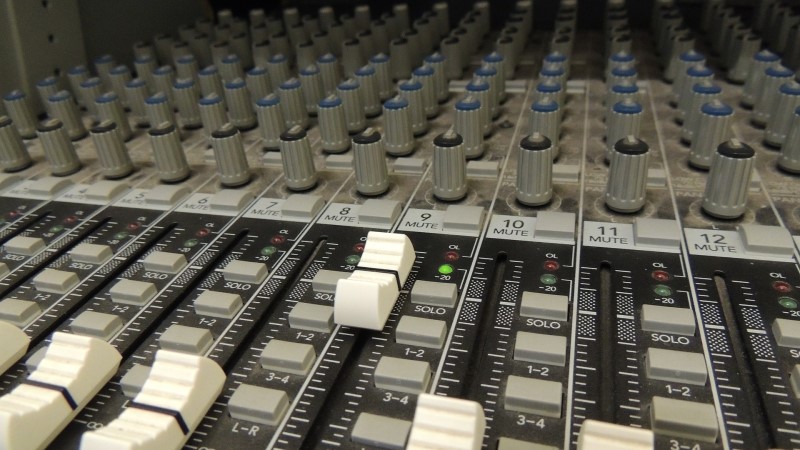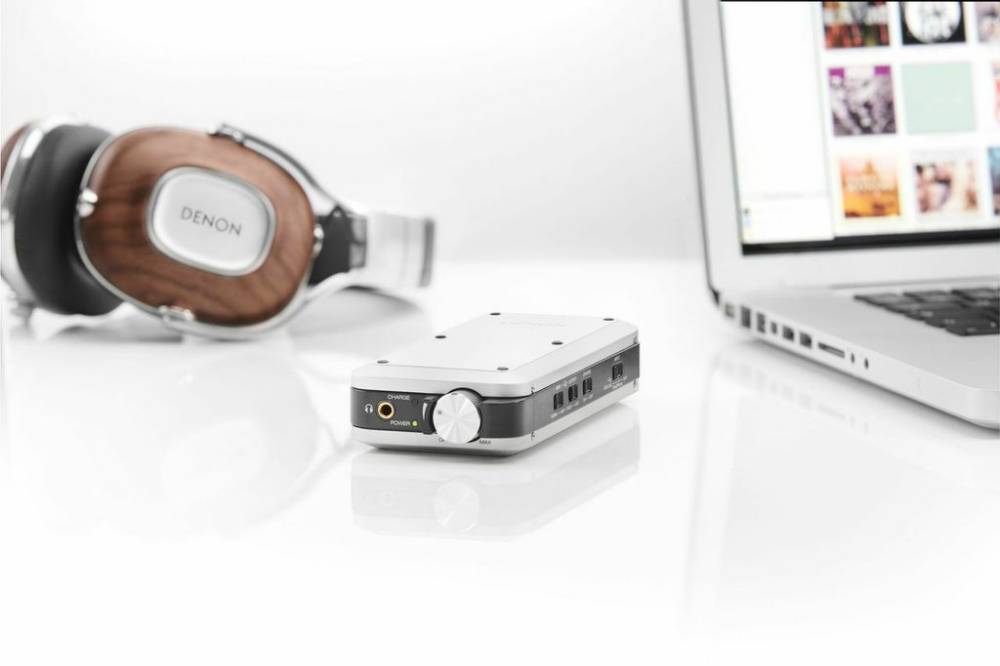What Is A DAC? Do You Need One?
Home theater and AV are full of acronyms. Even when you know what the acronym means, it doesn’t always help you to understand what it is or why it is important. One thing that gets thrown around a lot is DAC. People either need them or want them or want to know if their DAC is good enough. So, what is a DAC?
Transporting Audio
Most (not all) audio is created in the analogue domain. That means it is a sound wave that travels through the air. At some point, it is picked up by a mic and sent to a recording device. If that recording device is vinyl or early magnetic (reel-to-reel), it stays in the analogue domain. The sound wave goes up and down and the recording does the same.

But years ago, digital was invented. That transformed the analogue signal into the ones and zeros of a digital recording. We are not going to get into digital vs analogue debate (spoiler alert: digital is just as good or better than analogue), so let’s just say that they are different. That difference requires converters. When taking an analogue signal, it needs to be converted to digital. That requires an Analogue to Digital Converter (ADC).
Now you have a digital recording. The next step is to play it on your local system. For that, the music needs to be transformed back into analogue so that it can be amplified by the amplifier (honestly, engineers aren’t super creative with their naming conventions). For that, we need a Digital to Analogue Converter or a DAC.
What a DAC Does
A DAC simply takes the zeroes and ones of the digital file and translates it back into an analogue wave. That wave is amplified and sent to the speakers. The drivers move in and out to recreate the wave in your home. Suddenly, you are hearing the same thing that was recorded in the exact same way.
But not exactly. Between the time of recording and when you hear the recreated sound, there are a lot of things that can be done to the digital file. If one sound is too loud or not loud enough, sound mixers can fix that. They can level match everything, make everything louder, or completely change the sound. But that isn’t the DAC, that’s the sound designer. The DAC does nothing more than translating the digital file into an analogue wave.

The same thing can be done in the analogue domain. And you’ve seen it. Remember every movie set in a recording studio? All those sliders and buttons? They were manipulating the sound as it was coming in before it was recorded. This same thing happens digitally, just later in the process with many more options.
Do You Need a DAC?
The answer is: You already have one. If you can hear the sound, and it was on a disc or came from a service, it was originally digital. Somewhere in the chain, the digital signal was converted to analogue or you wouldn’t hear sound. The real question you are asking is: Do I need a better DAC. And the answer is…almost certainly not.
DACs have been around for a long time. They have been a mature technology for years. What do we mean by “mature technology?” That means that while there have been technological advances (those that can be measured), there really haven’t been any audible ones in quite some time. DACs really don’t do much. Once the signal is converted from digital to analogue, there is a whole bunch of stuff that can affect what you hear. The room you are in, the speakers, room correction, equalization…all of these, and more, can modify the sound. But not the DACs.
When Might You Actually Need a DAC?
Is there ever a time when an external DAC is necessitated because of the inferior DAC in a device? Generally, no. But that isn’t to say you might not end up with an external DAC someday. If you like to listen to music through headphones, you might end up with a DAC. Not because of the DAC, but because of all the other stuff.

Often, the headphone output of your phone, laptop, or computer is noisy. You might notice a hum or hiss without any music playing. An external DAC will have a lower noise floor. But not because of the DAC. It is because the headphone outputs of many devices are an afterthought.
If you like high-end headphones, they can be hard to drive. This means you’ll need some external amplification to get these headphones to sound their best. Those headphone amps? They are often paired with external DACs. Are those DACs any better than the ones in your computer? Maybe measurably. But the DAC isn’t making the difference in the volume or sound quality. It’s the amps.
Conclusion
What DACs do is fairly simple, but important. But too often manufacturers try to get you to buy their devices with promises of better DACs. Are they objectively better (meaning do they measure better)? Maybe. But they won’t sound any different than the ones in your computer or receiver. Should you buy an external DAC? Not for the DACs.



I agree Tom, if you run an A/V system for movies and music playback and if you have it installed and set up correctly then any AVR or other home theatre processor you use will have DAC’s of superior quality. DAC’s for consumer use have been around for over 35 years. Even the DAC’s in any CD player going back to the early models if in proper operating condition can sound very transparent. I have for one a 1984 Philips CD-101 with a TD-1541 DAC and CD’s sound fabulous on it even some 37 years later.
The industry knows how they work and how to make them sound transparent. Even so called budget DAC’s in lower cost AVR’s offer superior performance much exceeding what our ears can hear. Higher end DAC’s are often guilding the lily so to speak. There is no way one can tell one properly working DAC from another. To think one can is placebo and is based on confirmation bias. “Oh look I spent $X,XXX.xx dollars on this external DAC and it sounds better.” No, you only want to confirm it as so because you just spent $X.XXX.xx on the DAC.
Any perceived difference in modern audio gear quality is not due to the DAC’s inside but is more likely due to the analog section post DAC and other potential digital processing, which can sound better or worse depending on one’s tastes.
I agree with the potential improvement of sound via an external DAC/Headphone amp, when listening through headphones via computer gear where other noise and such could pollute the end sound. The external DAC really does nothing much but the rest of the headphone amp if built well can improve the sound from the stock P.C. innards.
Exactly!